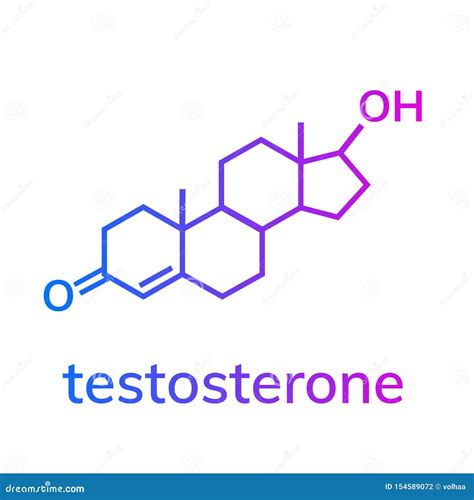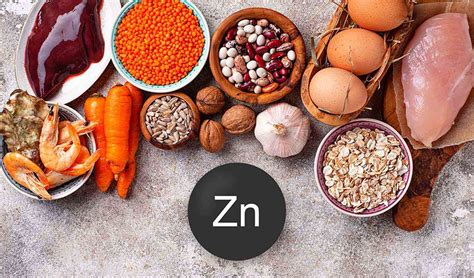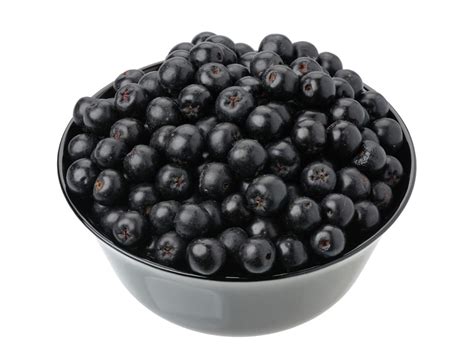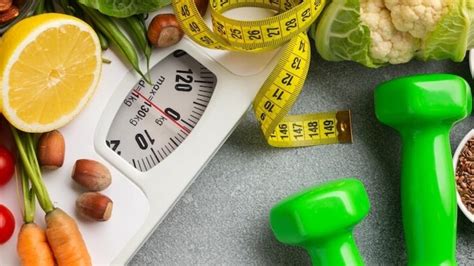Best foods to naturally boost testosterone for peak male performance?

Understanding Testosterone’s Crucial Role
Testosterone, the primary male sex hormone, plays a pivotal role in more than just libido and muscle mass. It influences energy levels, mood, bone density, red blood cell production, and overall vitality. As men age, testosterone levels naturally decline, which can lead to various health challenges. While synthetic treatments are available, many men seek natural ways to support their hormone balance through diet.
Incorporating specific nutrient-dense foods can provide the essential building blocks and support systems your body needs to optimize testosterone production. This natural approach not only targets hormone health but also contributes to overall well-being and peak performance in all aspects of life.

Key Nutrients Powering Testosterone Production
Several vitamins and minerals are critical for the synthesis and regulation of testosterone. Ensuring an adequate intake of these nutrients through your diet is a fundamental step in supporting healthy hormone levels.
Zinc: The Essential Mineral
Zinc is paramount for testosterone production. A deficiency in this mineral can lead to lower T-levels. Zinc plays a role in numerous bodily functions, including immune health and protein synthesis, making its presence crucial for male performance.
- Oysters: Often hailed as an aphrodisiac, oysters are one of the richest dietary sources of zinc.
- Red Meat: Beef and lamb provide a significant amount of zinc, along with other vital nutrients.
- Shellfish: Crab and lobster are also excellent sources.
- Pumpkin Seeds: A great plant-based option for zinc, also rich in healthy fats.

Vitamin D: The Sunshine Vitamin
Often acting more like a hormone itself, Vitamin D is strongly linked to testosterone levels. Studies have shown that men with higher vitamin D levels tend to have higher testosterone. While sunlight is the primary source, certain foods can help supplement your intake.
- Fatty Fish: Salmon, tuna, and mackerel are excellent sources of Vitamin D.
- Fortified Foods: Milk, orange juice, and cereals are often fortified with Vitamin D.
- Egg Yolks: Contain Vitamin D, albeit in smaller amounts.
Healthy Fats: Not All Fats Are Equal
Testosterone is a steroid hormone derived from cholesterol, meaning healthy fats are crucial for its production. Incorporating monounsaturated and polyunsaturated fats into your diet is vital, while limiting unhealthy trans fats.
- Avocados: Rich in healthy monounsaturated fats and Vitamin B6, which supports testosterone.
- Olive Oil: A staple of the Mediterranean diet, known for its healthy fats and antioxidant properties.
- Nuts and Seeds: Almonds, walnuts, and flaxseeds provide healthy fats and other beneficial nutrients.
Specific Foods to Incorporate for Natural Boost
Beyond individual nutrients, certain food groups offer a powerful combination of benefits that collectively support healthy testosterone levels.
Leafy Green Vegetables
Vegetables like spinach, kale, and Swiss chard are packed with magnesium, another mineral linked to improved testosterone levels. They also contain antioxidants that protect cells from damage and support overall endocrine function.

Cruciferous Vegetables
Broccoli, cauliflower, cabbage, and Brussels sprouts contain compounds like indole-3-carbinol (I3C), which helps the body metabolize estrogen more effectively. By promoting a healthier estrogen balance, these vegetables can indirectly support higher testosterone levels.
Eggs
Whole eggs are a nutritional powerhouse. The yolks contain cholesterol (a precursor to testosterone), Vitamin D, and healthy fats, while the whites provide high-quality protein essential for muscle building and repair.
Berries and Cherries
These colorful fruits are loaded with antioxidants that combat oxidative stress, which can negatively impact hormone production. Their anti-inflammatory properties further support overall cellular health and can indirectly aid testosterone synthesis.

Beyond Diet: Lifestyle Factors for Optimal Testosterone
While diet is a cornerstone, a holistic approach to boosting testosterone naturally also includes critical lifestyle components:
- Regular Exercise: Especially strength training and high-intensity interval training (HIIT), can significantly elevate testosterone.
- Adequate Sleep: Chronic sleep deprivation can drastically lower testosterone levels. Aim for 7-9 hours of quality sleep per night.
- Stress Management: High levels of the stress hormone cortisol can suppress testosterone production. Practicing mindfulness, meditation, or hobbies can help manage stress.
- Maintain a Healthy Weight: Obesity is strongly linked to lower testosterone. Losing excess body fat can positively impact hormone levels.

Conclusion: A Holistic Path to Peak Performance
Optimizing testosterone levels naturally is a multifaceted endeavor that begins with smart dietary choices. By prioritizing zinc-rich foods, Vitamin D sources, healthy fats, and a variety of nutrient-dense vegetables and fruits, you can provide your body with the essential tools it needs. Combined with a healthy lifestyle encompassing regular exercise, sufficient sleep, and stress management, you can naturally support peak male performance and enhance your overall well-being. Always consult with a healthcare professional before making significant dietary or lifestyle changes, especially if you have underlying health conditions.








